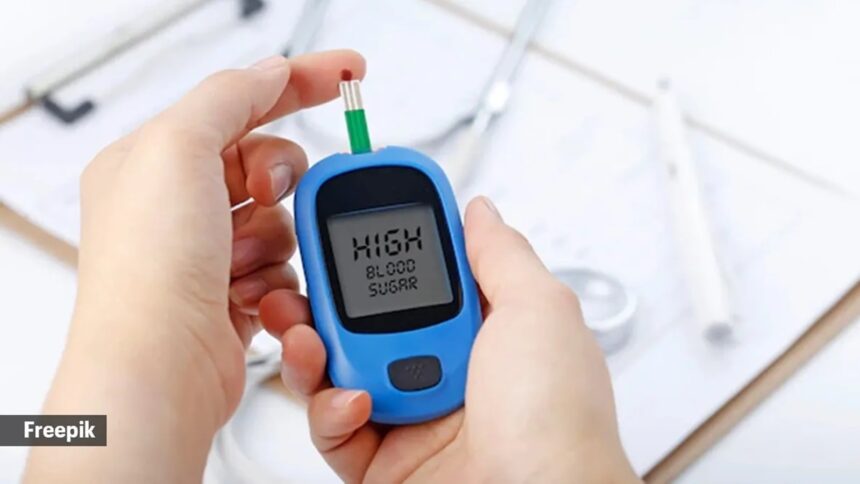If your blood sugar levels are 370 mg/dL or higher, experts consider this a “warning sign” that you may need urgent care. “Such high levels can be an indication that your diabetes is not under . This can be life-threatening. This can further lead to complications like a stroke, diabetic ketoacidosis (DKA), especially if you feel confused, tired, and nauseous,” said Dr Swarup Swaraj Pal, senior consultant cardiovascular and thoracic surgeon, Gleneagles Hospitals Parel.
High sugar levels can be dangerous as they can damage your eyes, kidneys, and heart over time. Dr Narander Singla, lead consultant, internal medicine, CK Birla Hospital, , said levels above 250 mg/dL may lead to hyperglycemia requiring emergency medical care, while levels above 300 mg/dL can result in diabetic ketoacidosis—a potentially life-threatening condition.
In heart patients, high blood sugar levels result in early blockages in the and premature heart attacks, added Dr Pal.
High sugar levels can be due to various factors
Dr Pal said these can include taking too much stress, missing medications, infection, or making poor food choices. “One must understand that medicines may help manage sugar levels, but long-term control needs healthy habits and a lifestyle for better results. Focus more on eating healthy and well-balanced food, walking daily, sleeping well, and managing your stress levels,” suggested Dr Pal.
Here’s your step-by-step guide during an emergency
In such situations, the first step is to stay well hydrated. “Drinking plenty of water helps flush out excess glucose through the urine. It’s also important to monitor for ketones using a urine ketone test. The presence of ketones may indicate the onset of diabetic ketoacidosis, and if detected, a person should seek medical attention immediately,” said Dr Singhla.
Consult a doctor without delay and follow their instructions.
If you are on a diabetes medication regimen, consult your doctor about whether a change in dosage or medication type is necessary, Dr. Singhla mentioned.
“If you use insulin, then immediately contact or follow your ‘s emergency advice. Stay hydrated. Drink enough water, but try to limit your intake of sugary drinks. After the emergency doctor visit and once the situation is controlled, discuss with your doctor to adjust your treatment plan,” said Dr Pal.
What to note?
If the blood sugar level remains elevated above 370 mg/dL despite following the prescribed treatment plan, it is essential to speak with the healthcare provider immediately. “They may need to adjust the insulin or medication,” said Dr Singhla.
Additionally, if a person experiences symptoms such as excessive thirst, frequent urination, blurred vision, or severe abdominal pain, they should seek emergency medical care without delay, as these may signal a developing ,” added Dr Singhla.
If blood sugar levels are high, visit the expert regularly, take medication, and monitor your blood sugar levels without fail.
DISCLAIMER:








